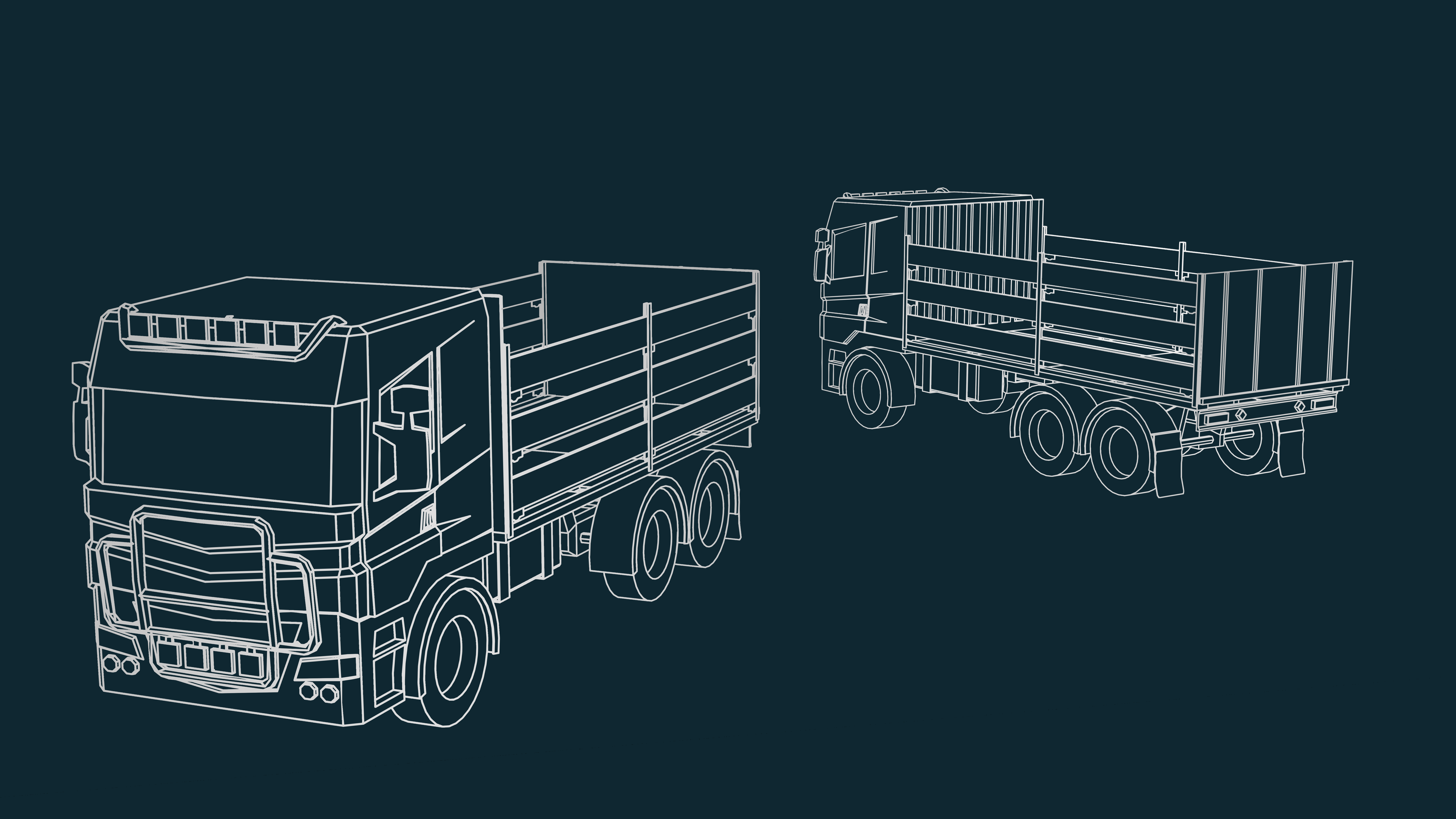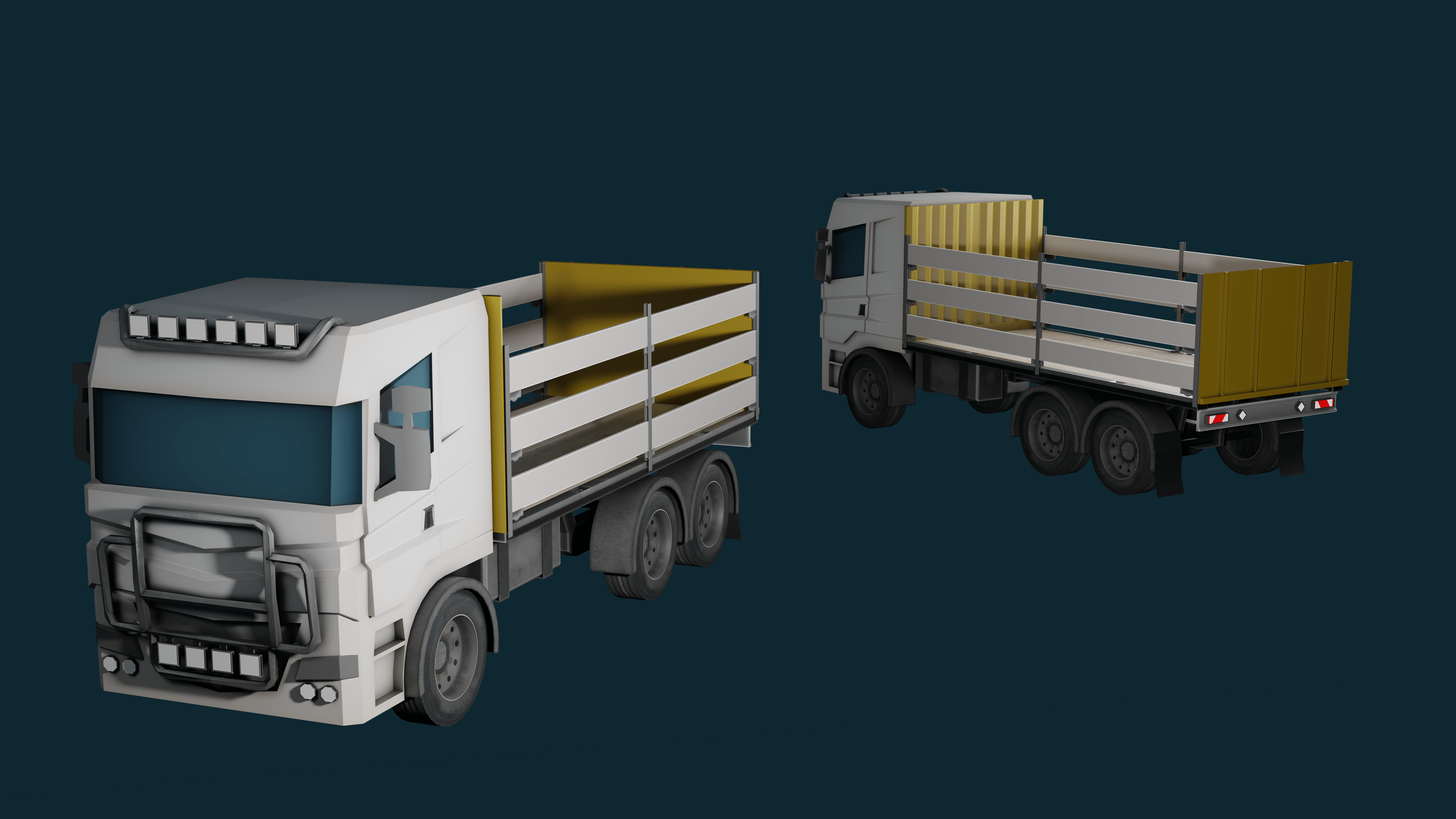Commodity science and process technologies. VR didactic application
What is the VR Commodity Science educational app?

WSB University in Wrocław
WSB University is the largest group of private universities in Poland. WSB in Wrocław has existed since 1998. Since then, it has proven that nothing stands in the way of reconciling education with work and personal life following the idea of work-life balance. The practical knowledge provided by experts and the openness of employees prompt WSB to constantly look for modern solutions that will provide students with practical knowledge and experience.
![]()
Challenge
Designing an understandable and reliable VR application for future engineers
- Creating a solution for students of the WSB University in Wrocław will provide a substantively correct VR training process, introducing selected technological properties used in logistics. It also considers the scenarios implemented in the multiplayer model, which assumes the interaction of two users in the virtual reality space.
- Before our specialists undertook this task, they were thoroughly acquainted with specialized areas of engineering, including metallurgy, mechanics of fluids, and gases in technical applications. The team also tried to play the role of a lecturer to create a summary of student results, a grading system, and a manual for using the application in the best possible way.
- Designing a gameplay where, apart from commodity science, transport technologies will also be considered because transporting and handling loads depend to a large extent on material properties.
Providing students and lecturers with an exciting tool will offer practical knowledge in three areas – the properties of metals, fluid mechanics, and the study of the properties of gases. And all this with the use of immersion.


The machines were visualized in the form of 3D models to reflect the engineering working environment faithfully
The model presented here reacts to interaction with the mouse. Therefore, we encourage you to explore it and see how 3D models are created in stages during their design process
![]()
Solution
A complete and practical VR tool for students and teachers
- We used virtual reality to program an interactive environment that perfectly reflects the future workplace of potential engineers. Inside, the student finds 3 rooms (factory, steelworks and logistics facility), in which, alone or in cooperation with another student (multiplayer mode), he is familiarized with various aspects of industrial commodity science.
- The application program includes the following modules:
– Properties of metals (smelter): creating alloys regarding expected properties and strength tests.
– Effect of fluids on various raw materials. The scenario explains how different types of materials’ water absorption and humidity affect transport issues.
– The impact of weather conditions on various types of materials and related storage, loading and transport issues.
– Studying the properties of gases, what relations exist between pressure and volume in isothermal transformation and how it affects the storage of these gases.
– Experimental presentation of the principle of operation of a heat engine. The mechanics of gases is depicted – isochoric and isobaric transformations. - We have created a multi-tasking simulation that allows for implementing as many scenarios as possible, which could pose a threat to the engineer without training in real life. Virtual reality ensures the safety of all users.
Nowadays, immersion is rightly perceived as a more effective and faster way of conducting lessons or training.

Each of the designed scenarios ends with a summary quiz
In each quiz, the student collects points, which the teacher will then analyze.
The training includes six different scenarios
The student can choose a scenario to study commodity science and then complete the exam.


The training includes six different scenarios
The student can choose a scenario to study commodity science and then complete the exam.

The application contains three different locations that occur in engineering works
These include steelworks, a hall, and a driveway in front of the warehouse.
Technology

Oculus Quest
VR headsets are used without a computer or cables.
Oculus Quest is an autonomous system designed for virtual reality – all you need are headsets and controllers. It’s top-of-the-line hardware that ensures hassle-free setup, whether you’re at home, in the office, or at the factory. Oculus Quest adapts to any space. Students can study industrial commodity science standing or sitting – in a large or small classroom.
Effects

- Success #1 | A complete knowledge base in the field of commodity science
This application has created an attractive space for the students’ memory, thanks to which they acquire the knowledge necessary to perform tasks related to their engineering professions faster. In addition, this application helps educate properly prepared technicians who, by using VR, have already had contact with the processes taking place in industrial commodity science.
- Success #2 | Intuitive and easy to use
This application has an understandable user interface; it does not cause problems even for people who use virtual reality technology for the first time. The interface elements are placed in the VR space at an optimal distance from the user. They provide even more realism in the tasks performed and guarantee proper preparation for work outside the virtual world.
- Success #3 | Visually and functionally well-thought-out design
Thanks to deepening their knowledge of the processes in factories, Giant Lazer designers have developed an effective didactic process for students. They have also included the possibility of performing tasks in the multiplayer model, which allows for the interaction of two users and simulates situations that may occur in their future work.
